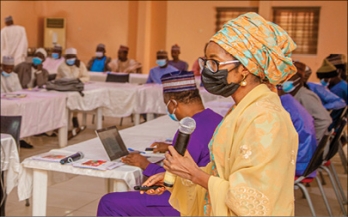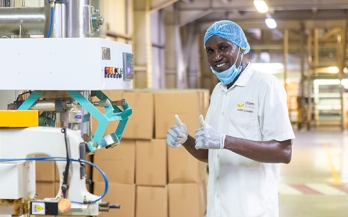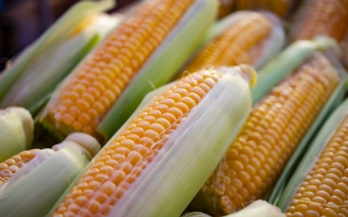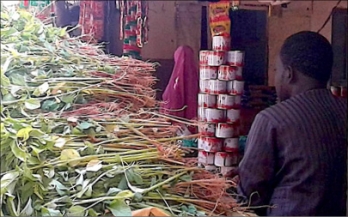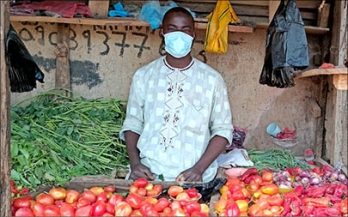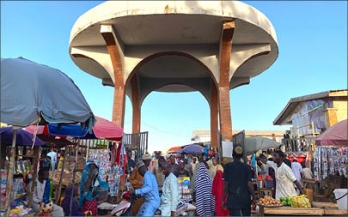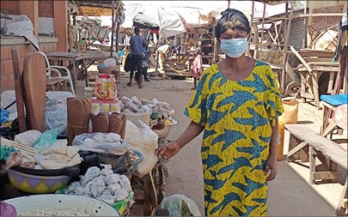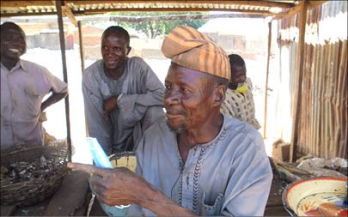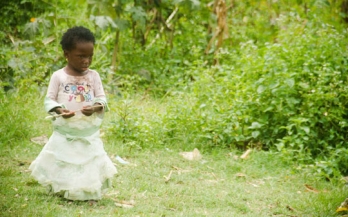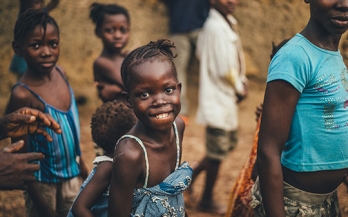In Nigeria, recent regulatory efforts to prioritize food safety resulted in the draft National Food Safety and Quality Bill, which has yet to be enacted into law and currently awaits a final reading by Nigeria’s 9th National Assembly.
With the support of the Bill and Melinda Gates Foundation, GAIN is leading implementation of a pilot programme to develop a digitized system to ensure staple foods are fortified with the right levels of essential vitamins and minerals to support good health and nutrition. The system will also track the fortified foods to ensure they are reaching Nigerian consumers efficiently.
The Commercialisation of Biofortified Crops (CBC) Programme was launched in 2019 to address widespread hidden hunger in Africa and Asia by significantly expanding the reach of foods and food products made with biofortified staple crops.
The EatSafe program conducted a range of formative research activities to understand the local context in Northwestern Nigeria. Learnings from these activities were then used to develop market-based interventions to increase consumer demand for improved food safety.
From October 2020 to December 2021, EatSafe conducted bi-weekly consumer and vendor surveys in traditional markets to assess the functioning of markets and market actors under COVID-19. The resulting Bulletins and Traditional Market Reports present detailed reports on trends in consumer resilience, vendors' business impacts, and food price changes.
EatSafe conducted a focused ethnographic study to examine perceptions, knowledge, and experience related to food safety among consumers and traditional food market vendors in Birnin Kebbi, Nigeria.
Understanding the rapidly changing situation for vendors in traditional markets and the consumers that rely on these markets can provide vital information for determining what is needed to ensure the availability of affordable, safe, nutritious food during the COVID-19 pandemic.
EatSafe evaluated the regulatory and policy landscape for food safety in Nigeria at the national and regional levels, which included an assessment of existing regulations and resulted in recommendations for strengthening implementation.
The coronavirus (COVID-19) pandemic continues to disrupt life around the world, with a toll on human lives and economic activities. Its rapid global spread has affected millions of people already vulnerable to food insecurity and malnutrition due to the effects of conflict and other disasters.
The COVID-19 pandemic is a multiplier of vulnerability, compounding threats to food security and nutrition (FSN) while exposing weaknesses in food systems. In response, the Global Alliance for Improved Nutrition (GAIN) developed the Keeping Food Markets Working (KFMW) programme to provide targeted support to help sustain core food systems.
